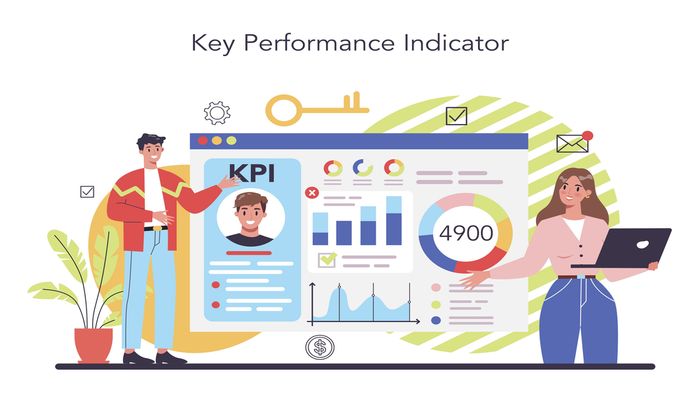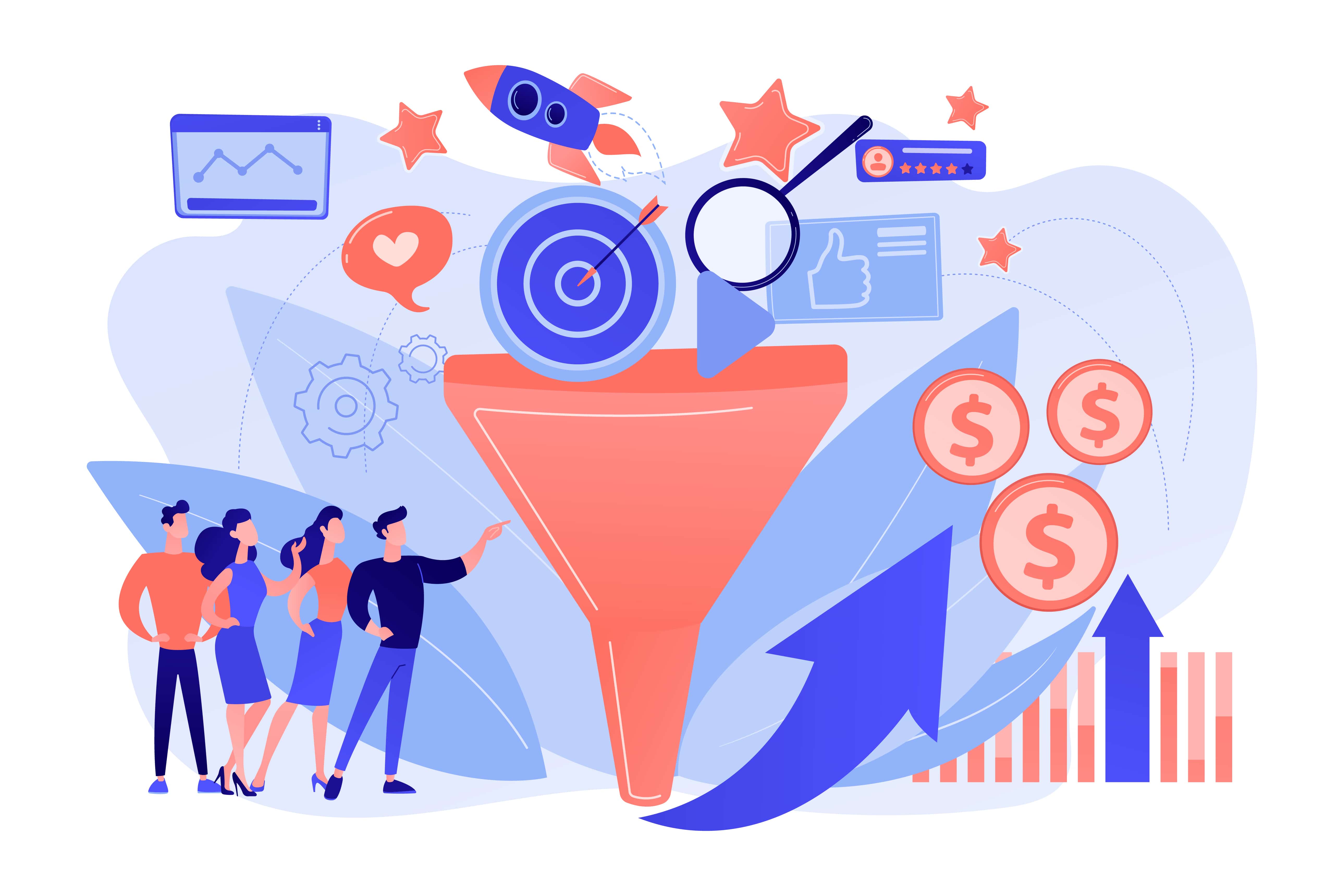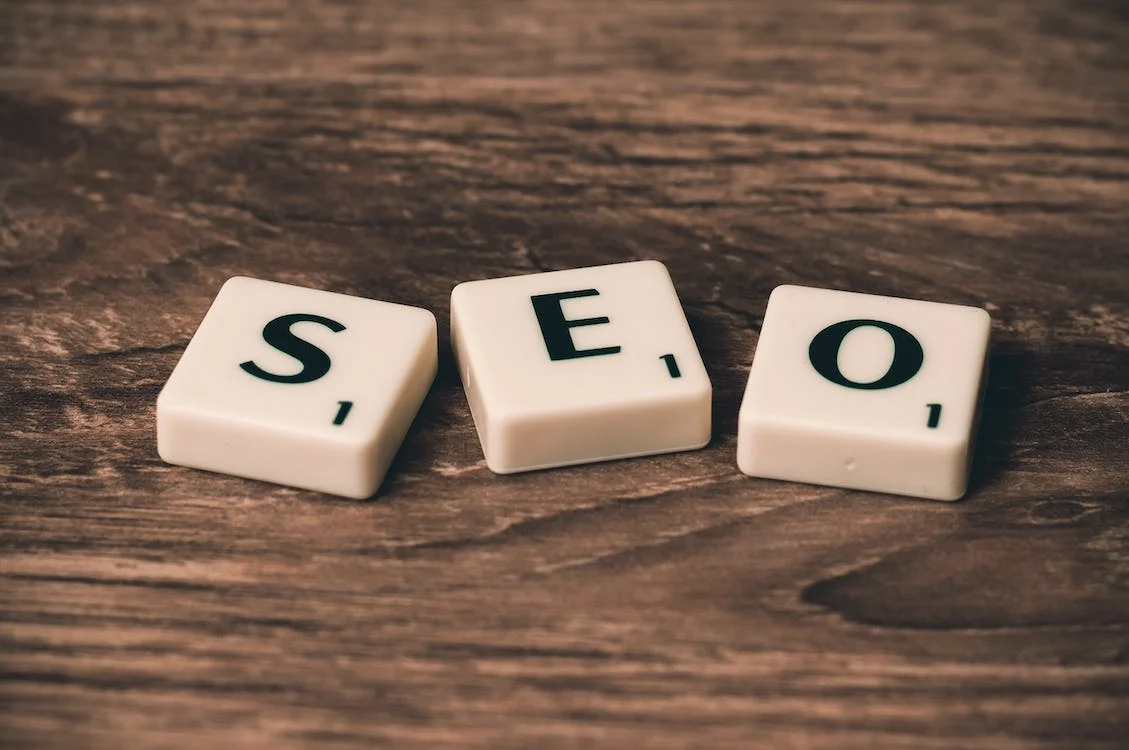Despite their importance, goals and key performance indicators (KPIs) are often disregarded when developing an SEO strategy.
In the absence of KPIs, you will not be able to monitor the performance of your campaign accurately and guarantee that you're on the proper path to success.
By creating SEO KPIs (key performance indicators), you can better illustrate your SEO approach's effect on your company.
I'll walk you through the most critical KPIs you should be tracking in the following tutorial.
SEO Key Performance Indicators
We've put up a list of 12 KPIs that we believe is vital to keep an eye on to assess how your SEO strategy is performing regularly.
Using measures like these, you can illustrate the value of your work while also recognizing potential problems before they become serious ones.
- ROI
You'll get back more money than you spent, whether you hire in-house staff or an outside agency.
For one simple reason: it is the most significant indicator of success—having more money in the bank than you spend—to keep track of your SEO efforts' return on investment (ROI). However, keep in mind that it might take up to a year or more to get a return on your investment.
It is essential to have a clear idea of your ROI goal so that you can track your progress and report on it regularly.
SEO investment and channel income may be used to calculate the ROI of the channel.
- Conversions
The financial return is a standard KPI, but it takes time to see a return on your investment. Because of this, you shouldn't just depend on ROI.
As a company owner, it's essential to measure and monitor organic conversions (either revenue, leads, or both, depending on your organization's setup). Your efforts may be linked to an increase in organic conversions.
If you don't know the conversion benchmark before you start working on a campaign, you'll have difficulty showing how much you've improved.
It's a good idea to take the average number of conversions created in your previous three months and use it to track your campaign's progress.
- Organic Sessions
Organic impressions grow, and here is when your SEO approach may begin to have a meaningful influence on your website's traffic.
A rise in organic sessions is a sign that your SEO efforts are paying off; this is the moment you may observe an improvement in your ROI.
If you want to measure SEO metrics, we suggest utilizing data from Google Search Console since it will enable you to remove brand searches and show organic clicks on non-branded keywords.
Make sure your data isn't being distorted by brand activities that are creating a spike in brand searches.
By selecting 'Queries not containing,' you may exclude your brand from searches in the Performance report by clicking the +New button at the top of your screen. You may examine how non-branded traffic is doing if you provide your brand name (and variants of it).
This may be done by selecting 'compare' from the date bubble at the top of your screen and selecting the period you desire.
- Organic Visibility
SEO is a long-term investment, but organic traffic is one of the best KPIs you can follow and evaluate to indicate steady progress. In addition, there are two methods to assess and report on this.
First, we'll illustrate the increase in Google Search Console impressions.
This is a great technique to demonstrate that your site's exposure has grown over time, as impressions reveal searches for which your site was available, but no one clicked. If you observe a surge in ranking keywords, but none of them brings traffic, this is most likely the case (yet).
- Traffic from Branded vs Unbranded Sources
Non-branded traffic is an essential indicator of how well your SEO efforts are working. Still, you should remove branded queries to get a clear picture of your efforts affecting organic traffic.
It's common for branded traffic to come from people who have already heard good things about a company or from someone else. Searchers may have seen your social media posts, your most recent PR effort, or even met you at a networking event before making a purchase. Keeping in mind that the searcher already knew who you were is critical here.
Non-branded traffic is often generated by consumers looking for keywords related to your goods or services that you rank well in.
- Rankings in search engine results
Keyword rankings may not be as significant as other metrics discussed above, but we highly suggest that you keep an eye on how your primary keywords are doing in the search engine results pages.
If we go back even five years, the success of any SEO campaign was primarily determined by its position in search engine results pages.
- Keyword Rankings
A single page of content may now rank for hundreds (often thousands) of distinct keywords instead of the few that most firms used to measure and rely on for the success of their SEO strategy. There are other aspects of search, such as tailored search, to keep in mind.
- Backlinks
One of Google's most important ranking elements is backlinks; this will not change soon. Both new links and hazardous links should be visible to you to keep track of the health of your link profile and address any concerns that may arise in the future.
The following are the link metrics you should be tracking:
-
- How many backlinks do you have?
- Several incoming links from other domains.
- Links that have been broken are listed below.
- Number of backlinks
- Links that may be hazardous
- CTR in the natural environment
A direct ranking criterion, such as CTR (click-through rate), has not been shown to exist. It's a fact, however, that the more people click on your listing in the SERPs when your organic CTR is higher than average, the more traffic your pages get.
Tracking this on both a page- and query-level is a must.
In basic terms, CTR measures the number of visitors who, after seeing your ad, click through to your website.
When it comes to determining how relevant your title tag and meta description are to a particular search query, organic CTR is a critical metric.
- Bounce rate
If your material fails to keep visitors on the page, you may use the bounce rate to figure out how relevant your content is to the search terms for which it is ranking.
You may be missing out on conversions if your bounce rate is high, which indicates that the page does not capture visitors' interest. Minor improvements may make a big difference, but you may miss these opportunities if you don't keep track of them regularly.
- Time spent on a webpage
A person's likelihood of conversion increases as they get more invested in the product or service.
This means that you should be tracking how long visitors spend on each page of your site, both overall and for individual pages, and then taking steps to boost those numbers if they are too low.
Google Search Console helps you identify and fix any problems with your site's search engine visibility.
Typical examples of this include the following:
- Errors in the server
- there have been 4xx mistakes
- Crawl abnormalities
- Pages that are not indexed by search engines
- Crawled but not yet indexed; will be soon.
- Discovered but not yet indexed.
- The supplied URL was not chosen as the canonical duplicate.
- Blocked by a robots.txt file
Crawling and indexing errors may be detected earlier when tracked regularly as a key performance indicator (KPI).
Keeping mistakes to a minimum is an essential part of ensuring that all of your pages get indexed, even if they aren't a perfect indicator of success.
- PageSpeed
It's essential to monitor your site's loading speed since it may hurt your search engine rankings (and the traffic they generate) and your conversion rates.
If you've previously spent time boosting your site's Page Speed score, you could think that everything looks great. Also, that's fantastic. How long ago was this?
Because of this, these numbers may alter over time.
There is a possibility that your editorial staff updated some of your blog post's photos with new ones but failed to optimize them, and now these pages are taking longer to load.
It's possible that your server isn't running as quickly as it was when you last checked.
- Concluding
SEO key performance indicators (KPIs) may help you target your efforts and track the progress of your strategy over time.
It doesn't matter if you have a different set of KPIs for each marketing campaign; you need to have them in place and routinely monitor your site's success against them.
In addition to keeping you on track, SEO KPIs signify that you are making progress towards your overall objectives.












